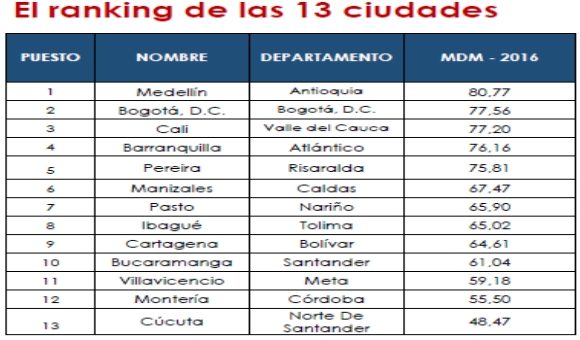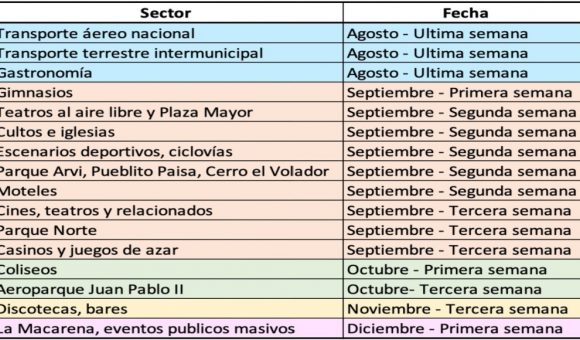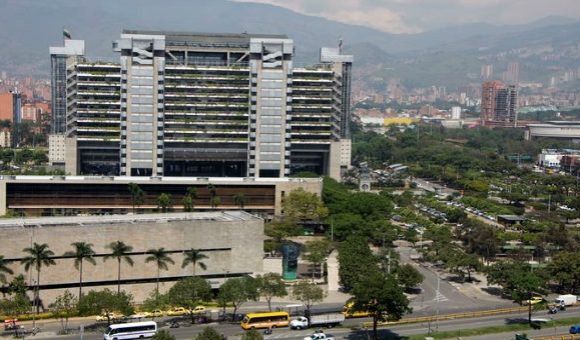Medellin Expands Zero-Emissions Transport; Restrictions Mount on Conventional Vehicles (March 2019)

Medellin and its neighboring suburbs expanded “pico y placa” driving restrictions on all conventional combustion-engine cars, trucks, buses and motorcycles to nine hours daily for the week of March 2-9, 2019, because of worsening air pollution.
The only personal transport vehicles exempted from such driving restrictions are electric cars, along with Medellin’s “Metro” electrified railcar system, the expanding “Metrocable” electric-powered aerial tram system, an incipient electric-powered roadway tram system, the upcoming expansion of pure-electric “Metroplus” electric buses this year, and free zero-emissions bicycles at Metro rail stations.
What’s more, Medellin debuted its first all-electric taxicab on March 3 — right on the heels of the debut of the “Line M” Villa Hermosa-Buenos Aires aerial tram debut February 28.
“Line M,” serving 350,000 people in northeastern districts, is the fifth aerial-tram system now operating in Medellin, with a sixth coming in a few more months.
All these moves are further signs of the upcoming conversion to zero-emissions transport modes for Medellin — and likely for many other global cities facing air-pollution problems.
On the taxi front, the “Tax Belén” cab company debuted its first BYD all-electric cab this month – exempt from “pico y placa” driving restrictions.
Medellin hopes to see as many as 1,500 electric taxis over the next few years, but the relatively high cost of acquisition compared to conventional gasoline-powered taxis is the key sticking point (see Medellin Herald 09/27/2018)
“Tax Belen, one of the largest taxi companies in Medellín with more than 2,300 cabs, will be in charge of operating public service cars, while BYD will provide after-sales service and will contribute its experience as one of the world’s leading manufacturers of electric vehicles,” according to BYD.
“Fuel savings compared to other combustion vehicles will be approximately 70% and operating costs will be 50% lower than natural-gas or gasoline taxis,” according to BYD.
BYD claims that range-between recharge should be around 400 kilometers and fast-charge stations can recharge the vehicle in 90 minutes.
















